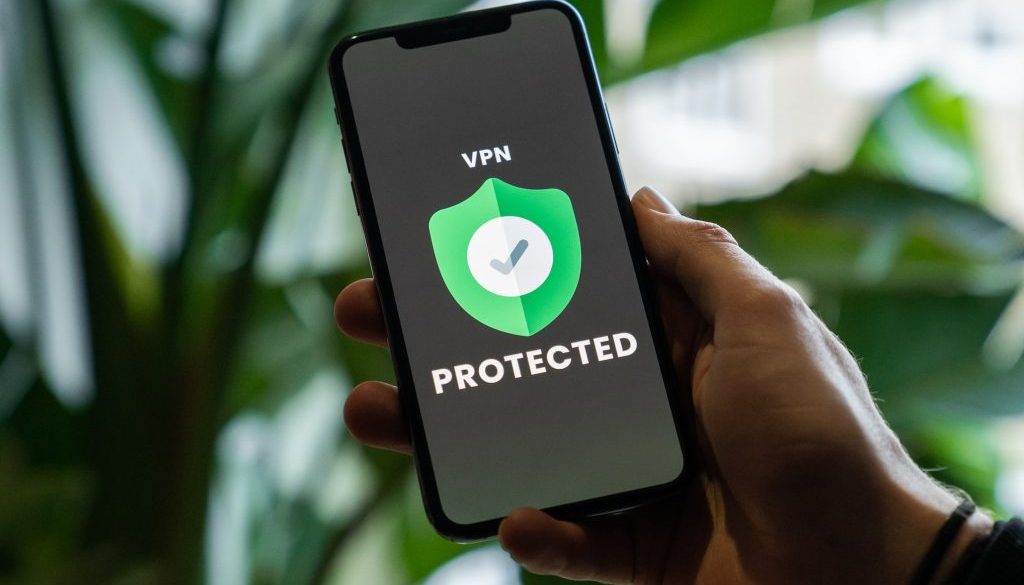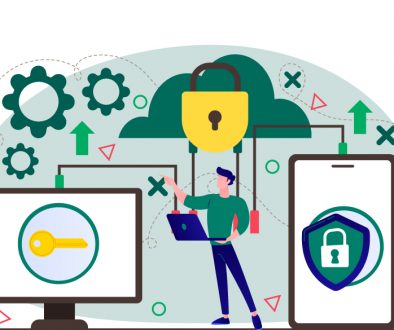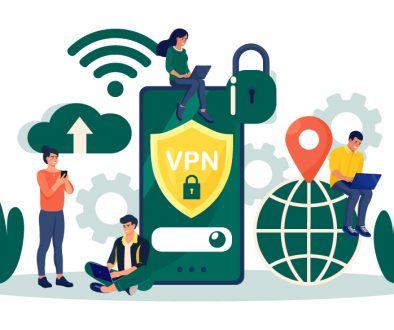What is VPN ?
In the sprawling digital landscape of today, where our online activities are ceaselessly intertwined with our daily lives, the concept of a Virtual Private Network, commonly referred to as a VPN, emerges as a technological guardian that bestows users with a cloak of digital invisibility and security. A VPN represents a sophisticated service that ingeniously navigates the intricate pathways of the internet, orchestrating a symphony of encryption, routing, and remote connectivity to offer a multifaceted array of benefits that extend far beyond the surface of its seemingly straightforward definition.
At its core, a VPN is a sophisticated amalgamation of software, servers, and encryption protocols, masterfully crafted to ensure that the data coursing through your digital veins remains impervious to prying eyes. The primary modus operandi of a VPN is to envelop your internet traffic in layers of encryption, effectively transforming your data into an indecipherable cipher that can only be unlocked by those in possession of the cryptographic keys – keys that are securely exchanged between your device and the VPN server. This covert transformation of data renders it virtually inscrutable to cybercriminals, ISPs (Internet Service Providers), and other potential eavesdroppers who might be lurking amidst the digital ether.
The architectural brilliance of a VPN further unfolds as it subtly redefines your digital footprint. By strategically redirecting your internet traffic through a remote server located in a different geographic location, the VPN engenders a tantalizing illusion – the illusion that your digital presence emanates not from your actual physical coordinates, but rather from the geographical coordinates of the chosen server. This clever sleight of hand establishes a fortified bulwark against various forms of online surveillance and tracking, safeguarding your digital identity from prying entities that seek to piece together your online activities like a mosaic.
The ramifications of this geographical misdirection are multifarious. Imagine circumventing digital barricades that are often erected based on your physical location. With a VPN, you can ingeniously circumvent regional restrictions imposed on websites and content, transcending virtual borders to access services and information that might otherwise remain tantalizingly out of reach. Streaming platforms, news websites, and even social media networks – all unfold their offerings to you as if you were situated in a distant land, allowing you to savor the rich tapestry of the global internet landscape unrestrictedly.
Yet, the utility of a VPN doesn’t culminate with content liberation alone. It forms a formidable bulwark against the perils of an increasingly treacherous digital realm. In an age where data breaches, identity theft, and cyberattacks are rampant, the cryptographic cloak of a VPN acts as an indomitable shield. Public Wi-Fi networks, notorious breeding grounds for malicious activities, can no longer pry on your data with malevolent intent. The encrypted tunnel woven by the VPN offers a haven of security, making your online transactions, communications, and interactions impervious to the machinations of those who seek to exploit vulnerabilities.
In conclusion, a VPN, in its intricate orchestration of encryption, server redirection, and digital camouflage, encapsulates far more than its succinct nomenclature suggests. It encapsulates empowerment – the power to traverse the digital realm with the assurance of privacy, the freedom to access a global internet as an unbound explorer, and the fortification to thwart the myriad threats that prowl the digital hinterlands. In a world where the virtual and the tangible intertwine ceaselessly, a VPN stands as a sentinel of our digital autonomy and security, transcending mere definition to embody a technological paragon of modernity’s triumph over adversity.


